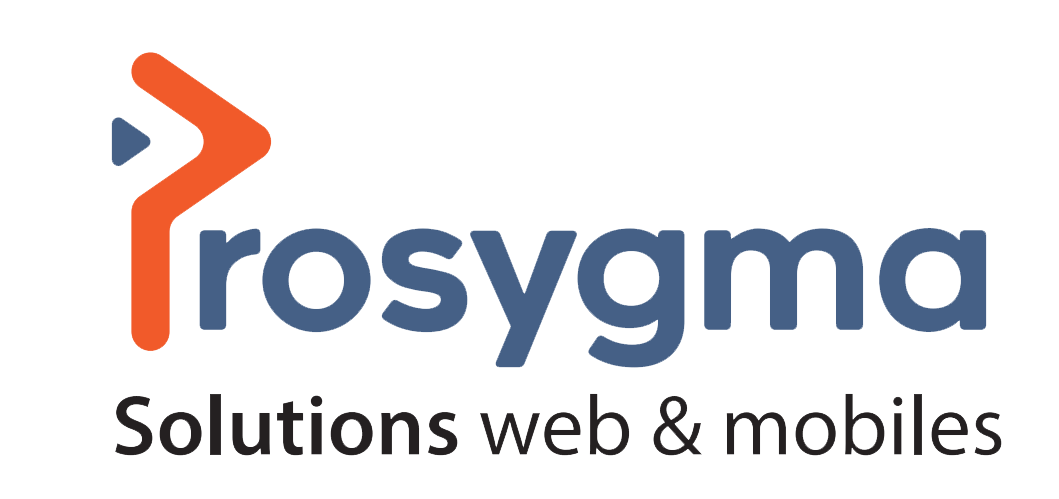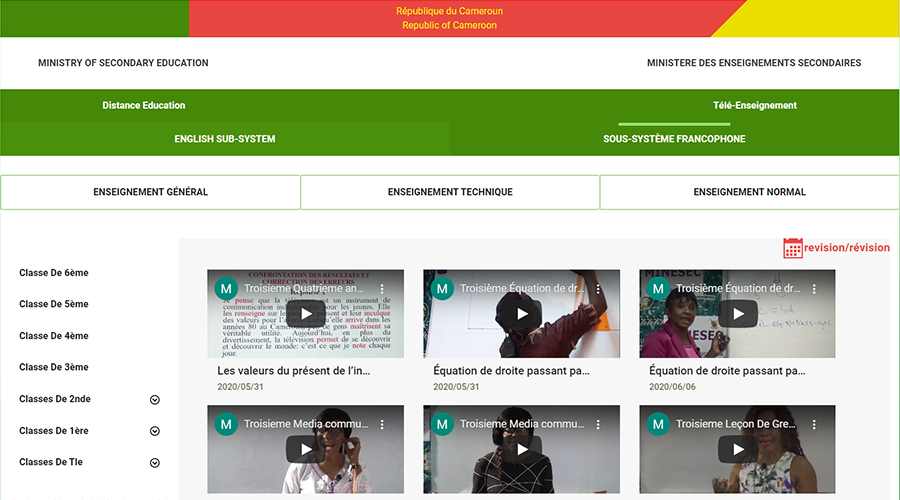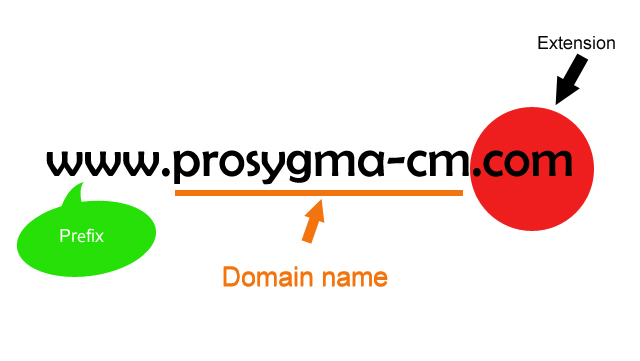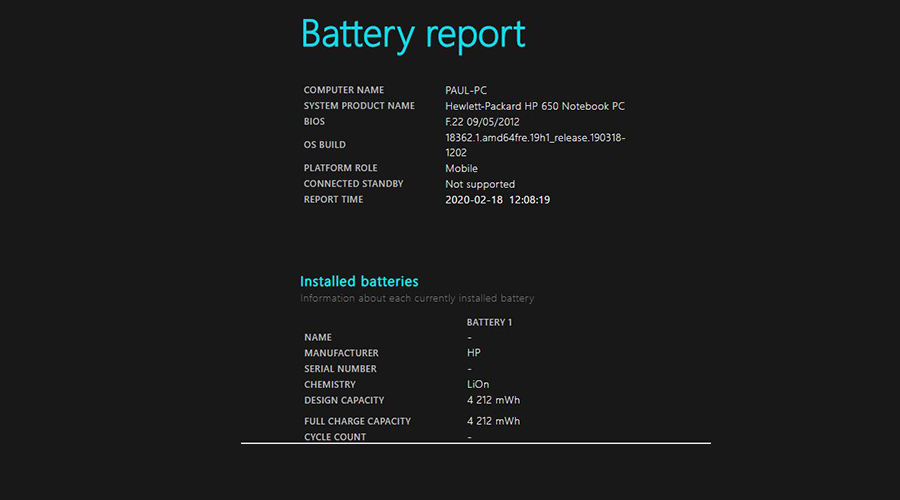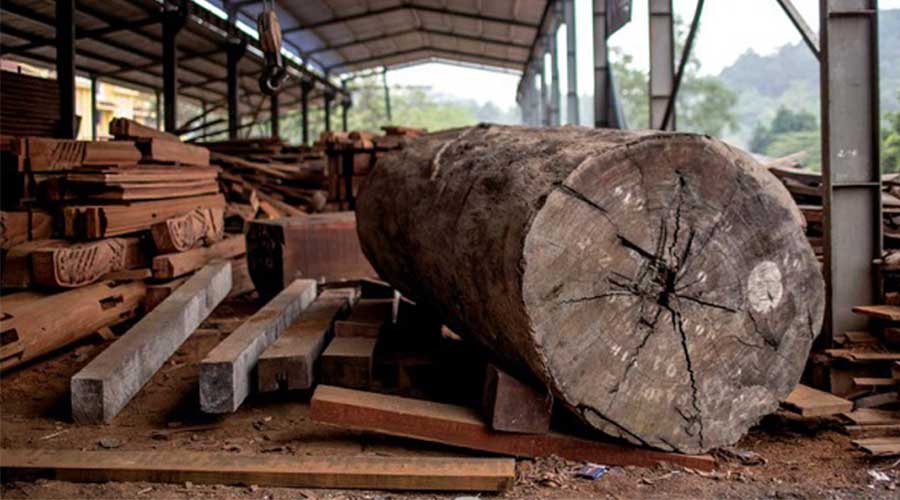
EU and German cooperation reject Cameroon's timber traceability system
Cameroon launched this April 1, 2021, the 2nd generation of its Computerized Forest Information Management System (Sigif 2), which aims to ensure the traceability and legality of local timber. However, as soon as it is launched, this system is already facing the reluctance of the German cooperation and the European Union (EU), which financed this project.
"While the EU and German cooperation are pleased that Cameroon can have its own national tool to meet its internal needs, the version of Sigif 2 presented is not the instrument expected under the Flegt VPA". These are voluntary partnership agreements aimed at curbing illegal logging, non-compliance with which results in the non-admission of suspect timber to the European market.
According to the EU and the German cooperation, "the certificates issued by Sigip 2 cannot be recognized or validated under the European Union Timber Regulation (EUTR), let alone under future Flegt permits, which would allow for cost savings and direct and priority access to the European market. These authorizations cannot be issued until another instrument is put in place, or until a complete overhaul of the tool is carried out, based on a benchmark study conducted with the Ministry of the Economy...".
Clearly, the new traceability system set up in Cameroon, due to certain shortcomings, does not open the market to Cameroonian wood in the European Union, one of its main buyers. Unless the system is completely overhauled or simply replaced. Indeed, we learn, this system developed by Cameroon since 2015 has long been the subject of differences between the Ministry of Forests and Wildlife (Minfof), on the one hand, and the EU and German cooperation on the other.
"The latter have openly expressed their differences throughout the Sigif 2 development and evaluation process, while offering their material, financial and technical support to resolve these differences. In fact, Minfof contracted a service provider with funding from the German Financial Cooperation (KfW) for a 14-month contract. The contract was extended for 34 months, due to complicated validations of intermediate deliverables by the acceptance committee. Finally, the version of Sigif 2 delivered in November 2018 was not received by the ad hoc commission, for non-conformity with the specifications. Tests conducted by an independent consultant revealed major malfunctions. Since then, KfW, as a financial partner, has never been kept informed of the progress of this contract," reads the EU statement on the sidelines of the official launch of Sigif 2 in Cameroon.
Source : investiraucameroun.com
